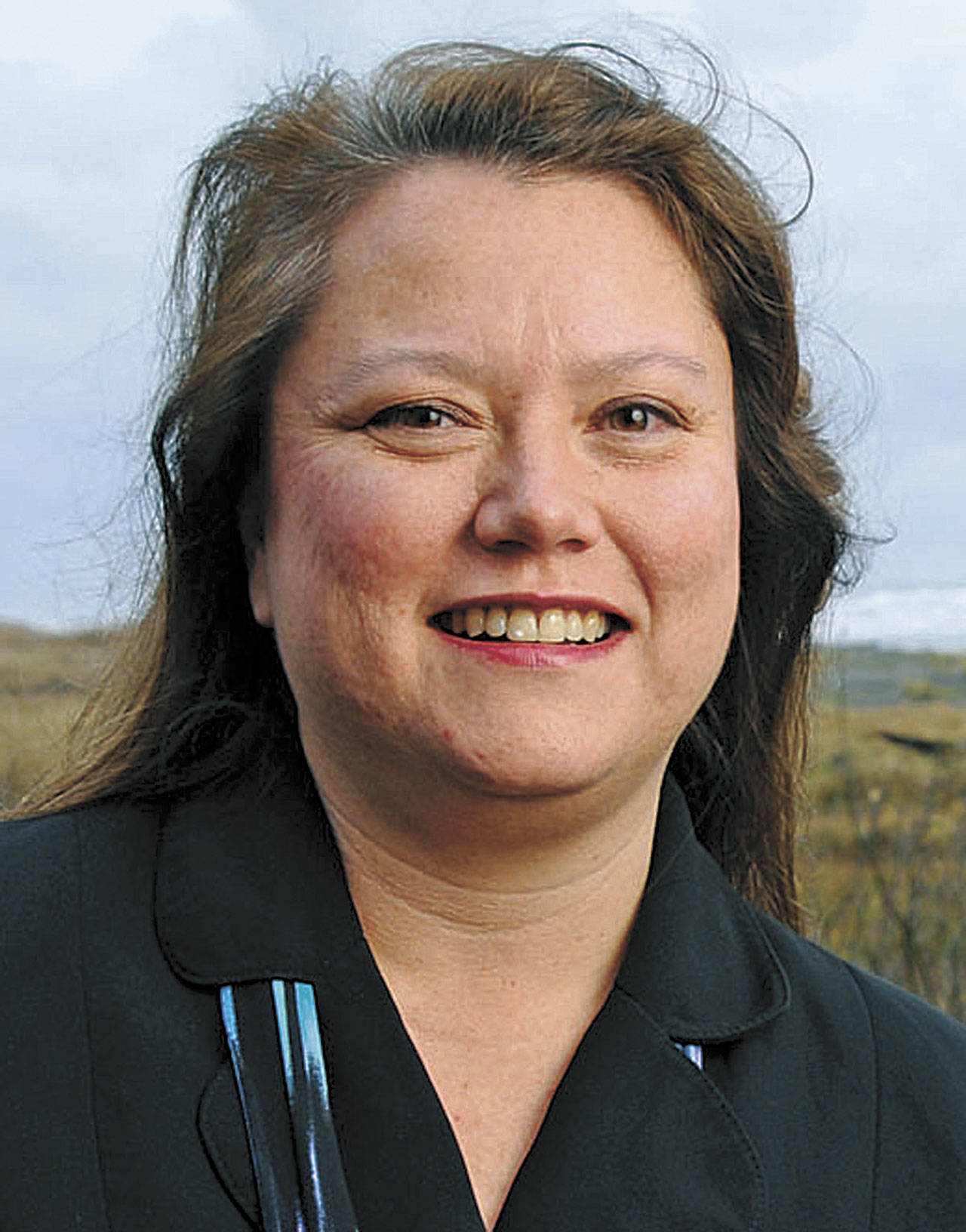Fawn Sharp, President of the Quinault Indian Nation, attended a United Nations-led seminar in Chile this week focused on improving the rights of indigenous people. She is one of five experts from around the world being flown out for her expertise on the seminar’s specific theme: free, prior and informed consent when it comes to government actions that affect indigenous land. She is the representative for all of North America
The meeting consists of workshops, panels and discussions by these experts, as well as seven members from the Expert Mechanism on the Rights of Indigenous Peoples – a subsidiary body of the U.N.’s Human Rights Council – and a number of invited scholars, held Monday and yesterday at Diego Portales University in Santiago, Chile.
Although President Barack Obama signed the United Nations Declaration on the rights of Indigenous Peoples (UNDRIP) in 2010, which establishes a framework to assist and protect the survival of different native groups, it does not mandate government to get consent before taking action, an important distinction from consulting, which Sharp believes would’ve made a difference with decisions such as construction of the Dakota Access Pipeline.
“After Standing Rock, tribes then began to recognize that if the U.S. had free, prior and informed consent as part of their domestic agenda, they would’ve needed the Standing Rock Nation’s consent to install (a pipeline) through their territories,” she said. “Now tribes and people around the world are looking at this principle for consent.”
The seven U.N. members will be using results from their discussions in Chile this week to compile a larger report on how to better achieve the goals laid out in UNDRIP and assist indigenous people, with a focus on why it’s important for governments to get consent from tribes before making actions.
Sharp said her main goal at the seminar is to create a stronger relationship between tribal nations and other countries, as well as network with the experts there who represent other indigenous groups around the world, all of whom have different perspectives on this idea of requiring consent from governments.
After getting her undergraduate degree at Gonzaga University and a doctorate from the University of Washington, Sharp pursued her interest in human rights by attending Oxford University, where she received an advanced certificate in International Human Rights Law in 2003. Upon receiving the invitation to Chile, Sharp said she could hardly believe her progress from her years as a student to now being the continent’s sole representative at an indigenous peoples’ conference.
“At first I thought it was spam, but then I opened the invitation, and I went back to when I was a student with big lofty dreams of maybe someday there would be a treaty or declaration on the rights for indigenous peoples,” said Sharp. “So to go from there to now being the president of a nation and there being a U.N. document unanimously adopted, and the Quinault Nation is one of five experts on the subject in the world, it’s incredible.”
The Quinault Nation and Sharp have been deeply involved with government-tribal relationships over the years, particularly in advocating for there needing to be consent for major decisions, along with the government’s consultation with tribal groups before major projects. In 2010, Sharp introduced Obama at a White House tribal nations summit, where he announced the country would reverse its position and embrace UNDRIP. At a subsequent summit, however, Sharp and other Quinault members notably skipped a meeting between Obama and tribal leaders to speak at the National Press Club in Washington, D.C., and call out the government for not getting consent before agreeing to actions that drastically impact their land.
“It was that point we took a public role in saying, ‘We need more than consultation, we need consent,’” she said. “No country should be able to unilaterally take action effecting our land, territory and resources.”



